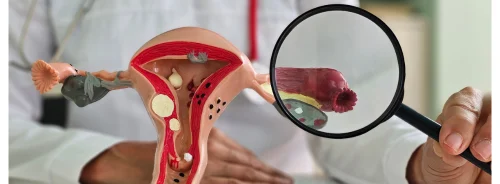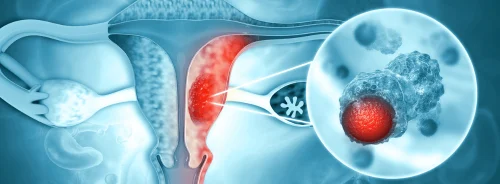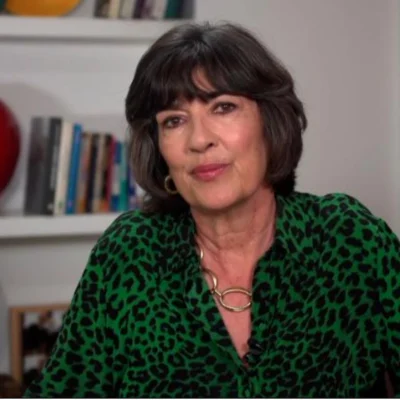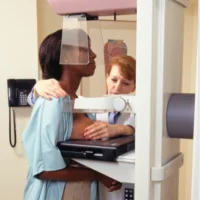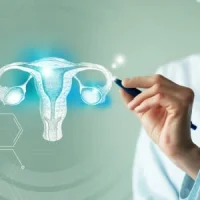CNN's chief international anchor Christiane Amanpour announced she has ovarian cancer after a four-week absence from her CNN programme while she underwent treatment. The Emmy Award-winning journalist discussed her diagnosis and treatment, and had a strong message for viewers during her CNN International programme "Amanpour," June 14.
"Like millions of women around the world, I’ve been diagnosed with ovarian cancer," 63 year old Amanpour, said. "I’ve had successful major surgery to remove it and I’m now undergoing several months of chemotherapy for the very best possible long-term prognosis and I’m confident."
You might also like: Women often initially detect breast cancers themselves, either by self-examination (25%) or by accident (18%). According to a 2018 survey of 19,000 women, just 2% of women know all the signs of breast cancer. Only two in five (42%) are confident about recognising the changes to their breasts that could be a sign of cancer and a 25% think that a lump is the only sign of breast cancer. Learn more
"Get all the regular screenings and scans that you can," Amanpour, 63, said.
Ovarian cancer is a common cancer among women that starts in the ovaries, and spreads to the abdomen and pelvis if it is not diagnosed and treated early, according to the Mayo Clinic. Ovarian cancer can affect females of all ages and races, but is most common in women ages 63 and older and is more common in white women than Black women. A woman’s risk of getting ovarian cancer during her lifetime is about 1 in 78, while her lifetime chance of dying from ovarian cancer is about 1 in 108, according to the American Cancer Society (ACS).
According to the CDC, while there is no proven way to prevent ovarian cancer, there are factors associated with lowering the risk of getting ovarian cancer, including:
|
Early-stage ovarian cancer rarely causes any symptoms, and so it often goes undetected until it has spread. Even advanced-stage ovarian cancer may cause few and nonspecific symptoms that are often mistaken for more common benign conditions, so it is important for women to carefully assess any symptoms and consult a physician if any changes are noted.
Signs and symptoms of ovarian cancer may include:
|
A London-born, Tehran-raised journalist, Amanpour was a long term war correspondent, often reporting from war ravaged regions around the world. She also hosts "Amanpour & Company" on PBS.
Sources: CNN, Mayo Clinic, CDC, ACS
Photo: CNN

